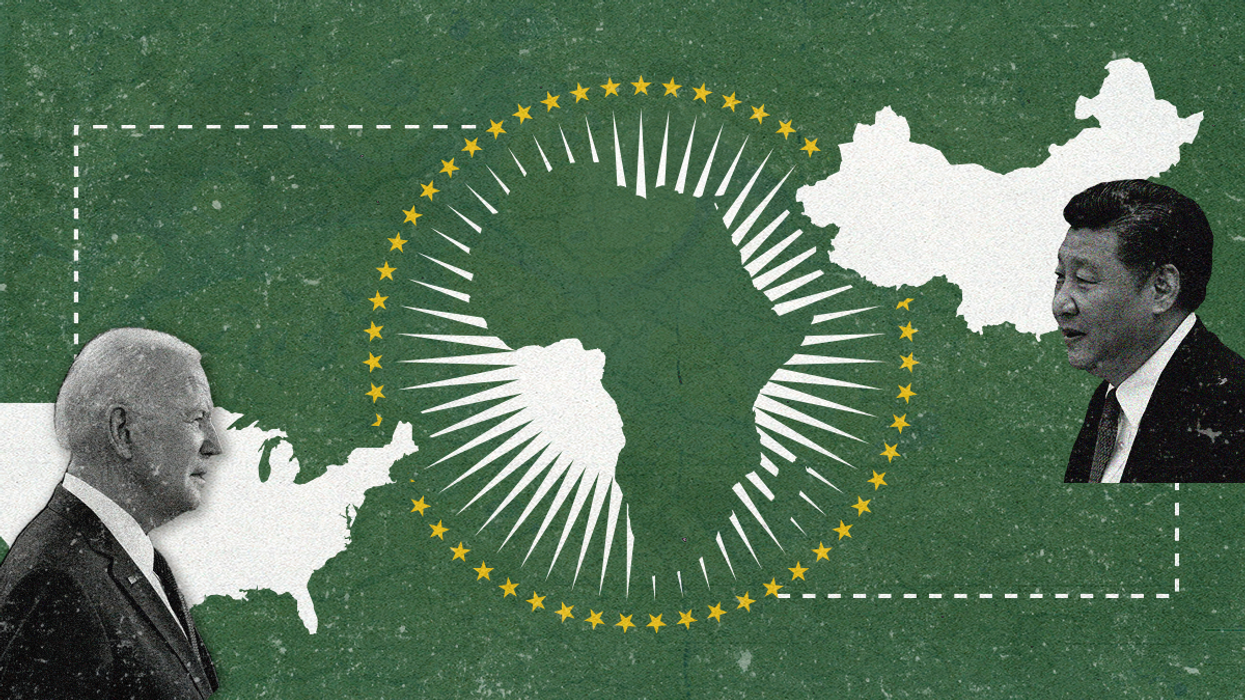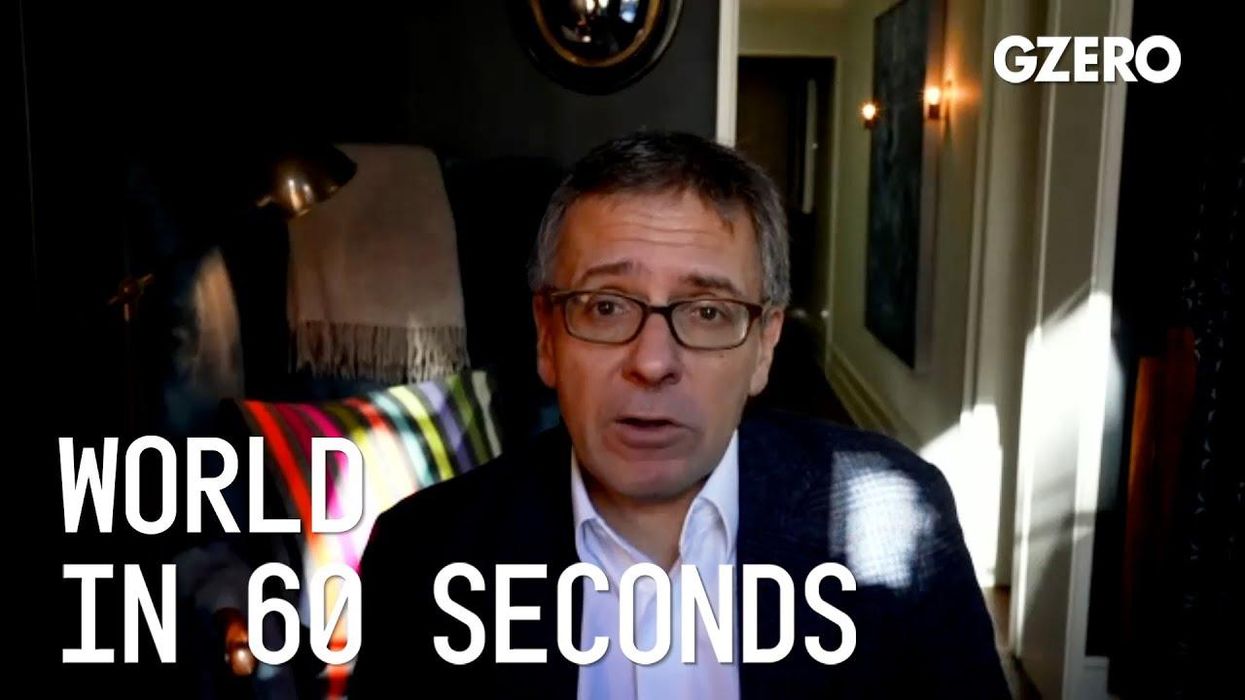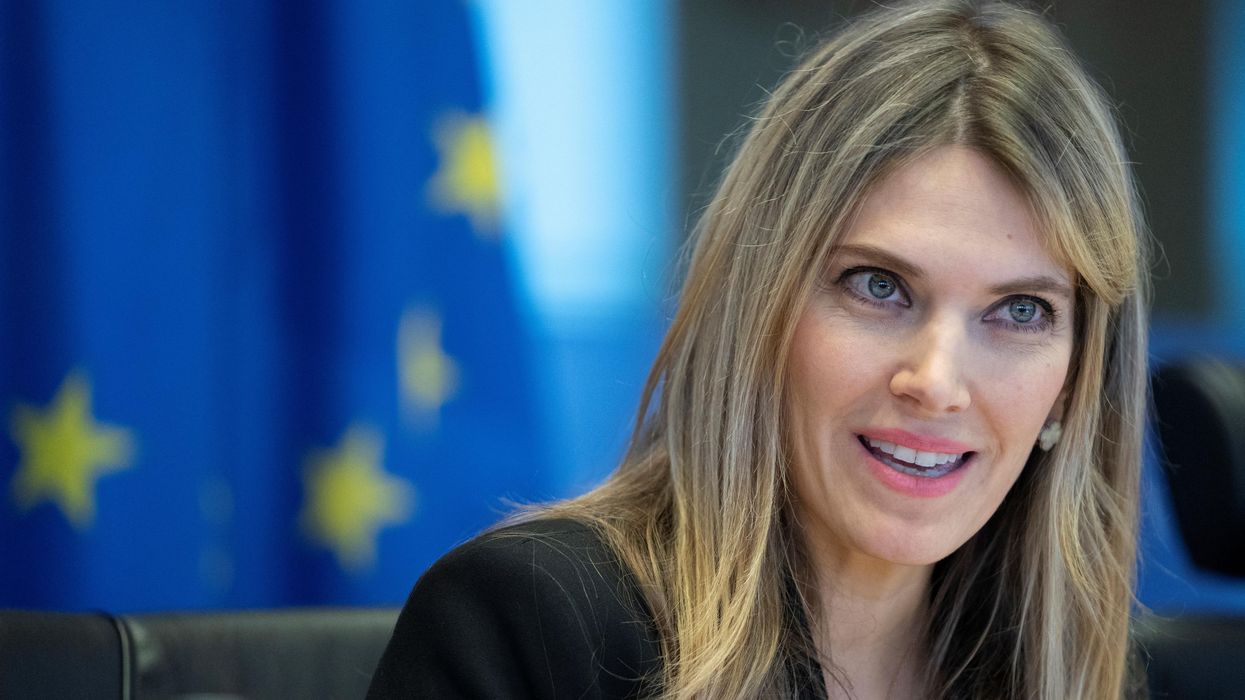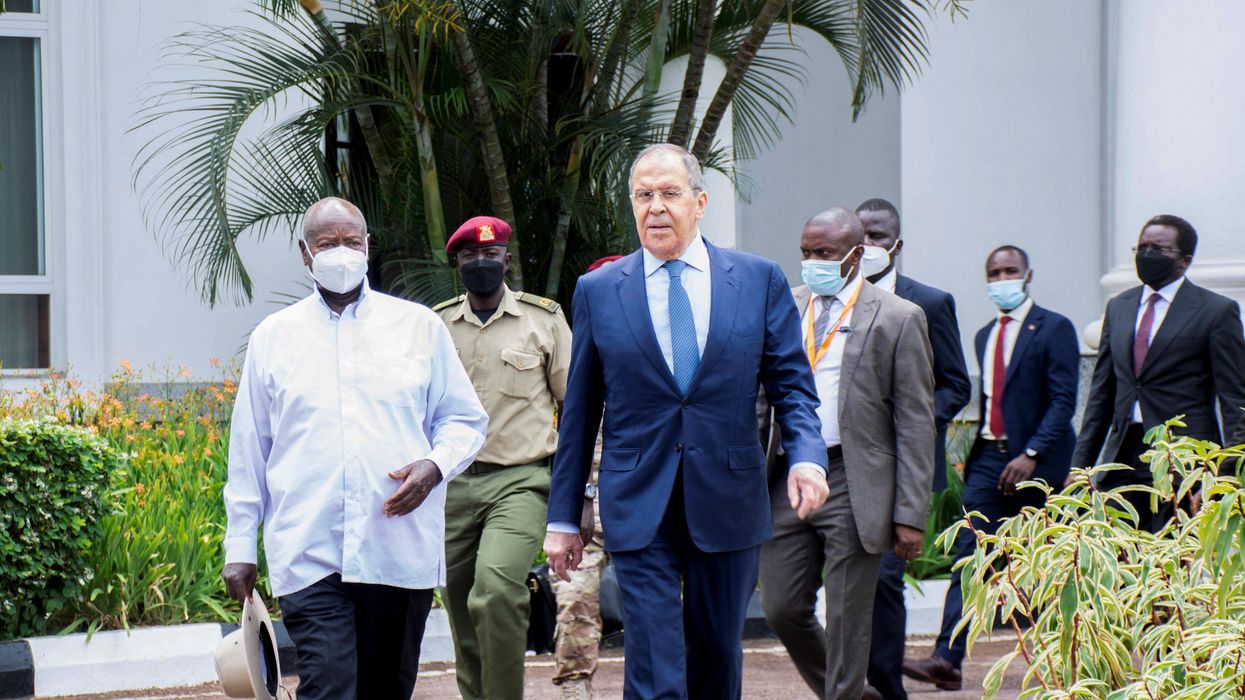Viewpoint
Viewpoint: Is China the only reason the US cares about Africa?
Heads of state and/or government from 49 African countries are currently breaking bread at the US-Africa Leaders Summit at the White House. To make sense of the Biden administration’s Africa policy, we had a chat with Amaka Anku, Eurasia Group’s lead Africa analyst.
Dec 14, 2022




